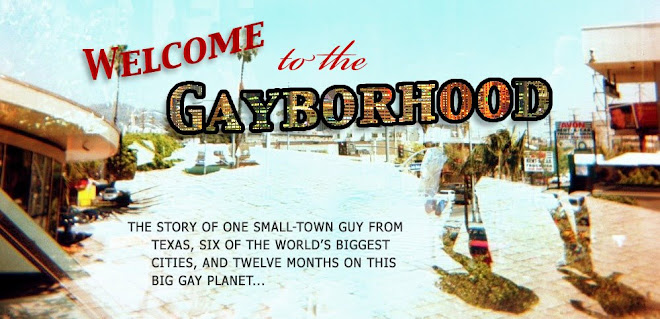In his article "Asian values, Family values" writer Chris Berry points out, among other things, that in focusing on the problematic nature of same-sex desire in fulfilling family network obligations, Asian gay cinema effectively points out the 'blindness' of Western images of gay people to the topic.
In my investigation of what it means to be both Korean and gay, nothing has been of more personal significance to me than this idea.
It's really true that in the United States, I almost never saw images of gay people in which their relationship to their families was even acknowledged let alone focused on. Though often these 'gay people' may be charming or boisterous, with friends or engaging jobs, they are also were people without pasts, or with assumedly painful ones, and whose family relations it was best not to try and pry into. This model has persisted in the general media well beyond it's expiration date.
In coming to terms with my own sexuality, I think I subconsciously registered it as something requiring me to pull away from the rest of the family - that these two lives were incompatible and mutually exclusive. Of course this was not the case, but there remains no clear model as to how to weave them together. In my own family it's been of particular significance; As my sister and I are both gay (oops!) we've more or less had to forge our own idea of what it means to be a family (there ain't no PFLAG south of San Antonio either) with all parties having to carefully tread the path of defending their own desires and expectations while respecting those of the rest of the family. It's still not a subject that's necessarily easily breached, but it is happening, in our family and all over, and it's time for American media to get with it.
Subscribe to:
Post Comments (Atom)


No comments:
Post a Comment